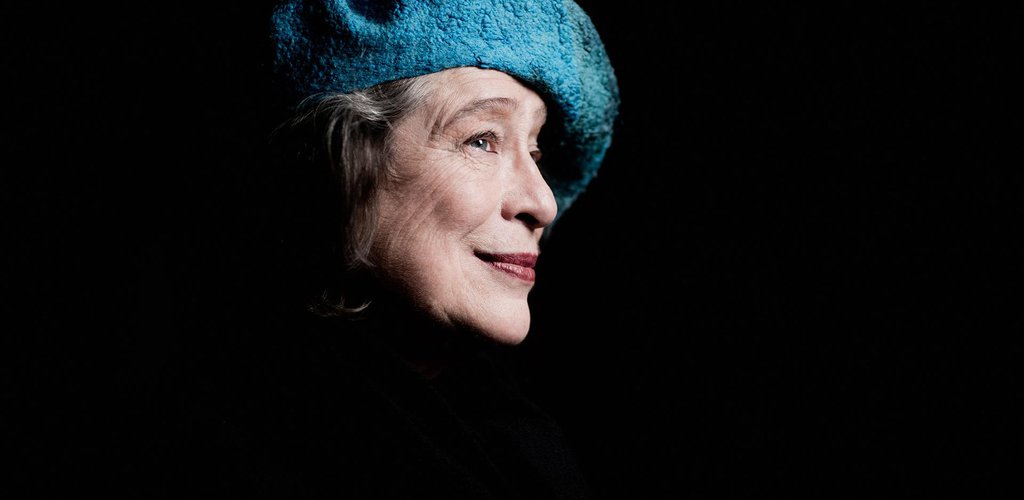Her special friendship with the pianist Sviatoslav Richter made her find the right way in her life when she was a naive but talented little girl – says the 74-year-old georgian-austrian pianist, Elisabeth Leonskaja. The world-famous artist is going to give four concerts together with the Budapest Festival Orchestra in November.
Are you looking forward to your concerts with Iván Fischer and the Budapest Festival Orchestra? After the Budapest performances you are playing together in Baden-Baden as well.
Elisabeth Leonskaja: I am looking forward to performing with them so much. My admiration for these musicians is endless for so many years. I can’t wait to work with them.
You are playing both the 4th and 5th piano concertos of Beethoven in Budapest. The history of these pieces is very painful, since the composer became deaf between writing the two. Is there any difference between them because of this tragical twist?
E. L.: We know and feel the tragedy of Beethoven. At the same time, I don’t think that the two concertos would have been different if he had not become deaf. He had an inner hearing and all of his concertos were composed on the same fantastic level.
You had a special relationship with the pianist Sviatoslav Richter. Can you share some details with us about this unique friendship?
E. L.: The dimensions and effects of this encounter were enormous.
When I first met this great, wise, friendly and lovely master I was a talented but naive girl who did not have any ideas about measuring values. This friendship gave me the right sign and direction of my life. I learned from him how to make a difference between art and craft.
One of your latest awards, “The Priestess of Art” sounds very interesting. You received it in Tbilisi some years ago. Can you tell us what this award means?
E. L.: I really don’t have any idea about what it means. The ceremony was on stage after my performing the third piano concerto of Beethoven and everything was absolutely unexpected for me. I knew nothing about it. I was really shocked in a good sense of the word.
You started your musical education in Tbilisi, Georgia. Does it mean something special for you if you are awarded by your home country?
E. L.: It was very touching, but this was not the first prize I got. I was awarded by Austria and the Russian government as well. I am very happy each and every time when my work is appreciated.
How often do you visit Tbilisi? Where do you really feel at home?
R. L.: I regularly perform in Russia and Georgia and I’ m always very happy to be there. After Tbilisi I was educated at the Moscow Conservatory and I feel there home as well – especially when I have the opportunity to play for that audience.
Our concerts with Elisabeth Leonskaja are sold out, but we live-stream our performance on 22 November.

